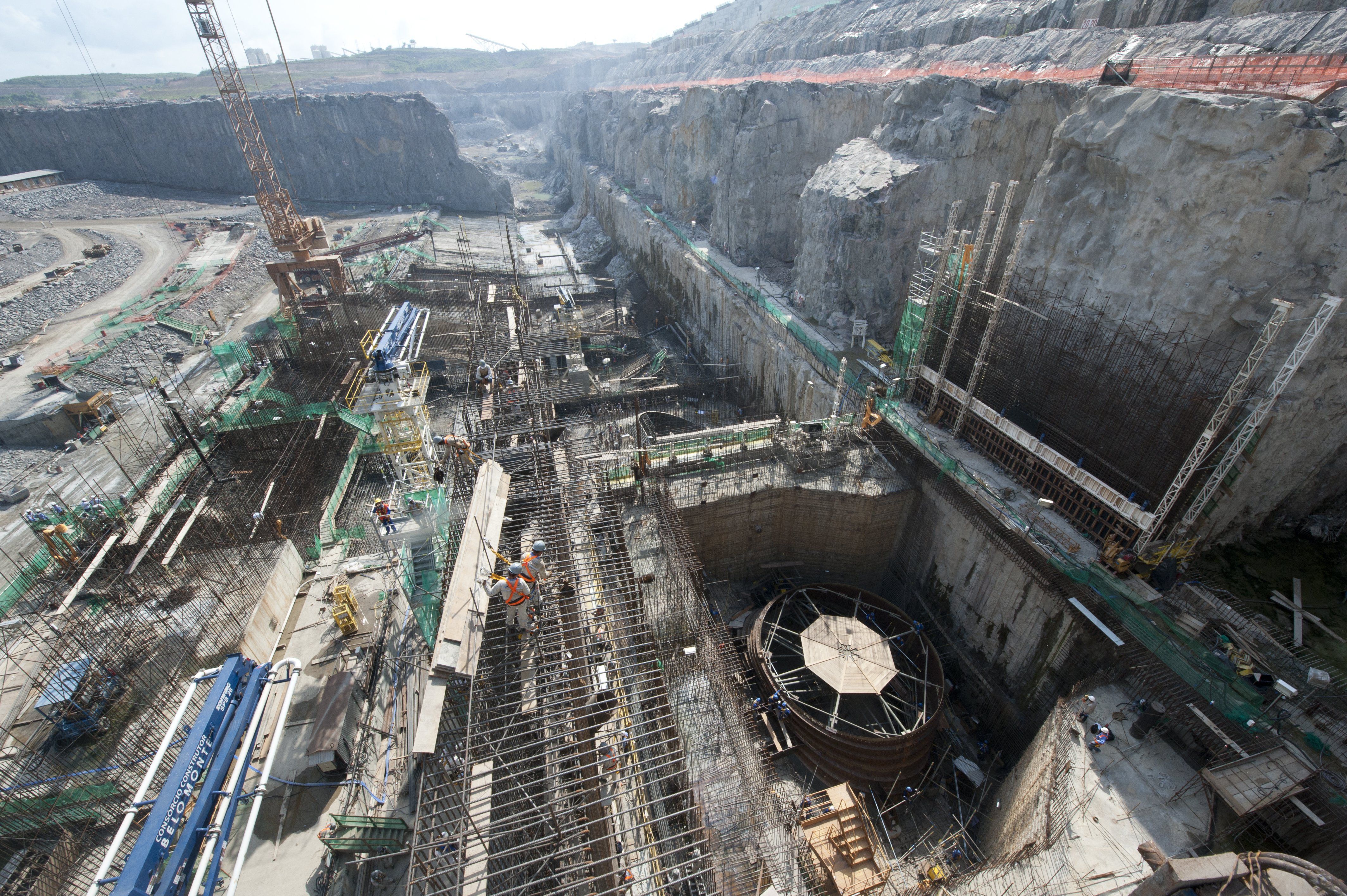Country System: The trend of multilateral financing
A study designed by Conectas assesses the risks and opportunities of applying national rules in evaluating the socioenvironmental impact of infrastructure projects
 A study designed by Conectas assesses the risks and opportunities of applying national rules in evaluating the socioenvironmental impact of infrastructure projects
A study designed by Conectas assesses the risks and opportunities of applying national rules in evaluating the socioenvironmental impact of infrastructure projects
Conectas released its report “A Country System and Social and Environmental Safeguards in Development Institutions” at the third Annual Meeting of the New Development Bank (NDB) in Shanghai, China. The aim of the study is to discuss the approach of financial institutions to a Country System in terms of social and environmental safeguards and to examine how the NDB can help to hone legal standards and local skills to ensure the sustainability of infrastructure projects.
Multilateral investment banks such as the World Bank, have a series of rules and guidelines that underpin investments, particularly those of infrastructure, to avoid violations and to evaluate the environmental impact of building work. These conditions were originally conceived to tackle gaps in domestic legislation that may put loan resources from international institutions at risk.
With the change to the Country System, institutions start to consider local standards and laws in verifying whether the principles of human and environmental rights are being fulfilled. The report put together by Conectas stresses that this new approach is positive in the sense that it favours national development priorities and strategies. However, the study calls attention to the need to ensure consistency in the way this new model is applied in practice.
“Adopting the Country System opens up a number of opportunities for bringing more effective cooperation to development. It could, however, create a discrepancy given that some countries have more robust, advanced environmental regulations than others. The study we are launching clearly demonstrates that even in countries that have relatively advanced legislation, Brazil is one of these, in practice there is systematic infringement of basic rights.” Explained Caio Borges, Coordinator of the Conectas Development and Socioenvironmental Rights programme. “This new model should therefore be adopted in conjunction with an efficient monitoring policy, since there may be gaps that permit violations.” Caio warned.
The report, with its unique approach to this topic and in its comparative analysis of experiences in applying the country systems, examines the challenges involved in adopting the Country System, such as transparency in the criteria used and the tools needed to fill existing legal gaps. One of the recommendations of the report is a robust, consistent, integrated approach to the Country System, including issues raised by civil society, a warning system for situations when a country starts to backtrack on socioenvironmental benchmarks, the participation of civil society in the system and strengthening the role of local bodies. Focus should be on the social and environmental responsability of the private sector and the skills of civil society organisations.


